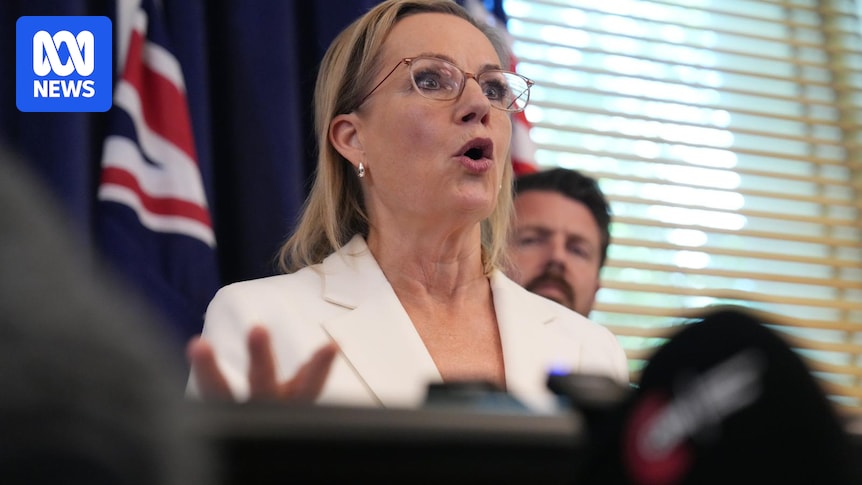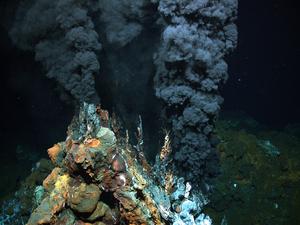
The Liberal Party has officially decided to abandon its commitment to achieving net zero emissions by 2050. This decision was made just a day after a majority of party members expressed their support for scrapping the climate target. The move marks a significant shift in the party’s environmental policy, aligning it more closely with the Nationals, who have already rejected the net zero commitment.
During a meeting of Liberal shadow ministers on Thursday, the party also agreed to repeal Labor’s 2030 emissions reduction legislation. However, they chose to remain within the Paris Agreement framework, committing to setting five-yearly interim targets, but only when in government. The party emphasized that it would aim to reduce emissions year-on-year, “in line with comparable countries and as fast and as far as technologies allow without imposing mandated costs.”
Internal Party Dynamics
The decision reflects a compromise between the Liberal Party’s moderate and conservative factions. Opposition Leader Sussan Ley stated, “We remain committed to Paris and we made it very clear — it isn’t our policy to set long-term targets, but net zero would be a welcome outcome.” She added that their emissions reduction goals would not come at the expense of Australian families.
Shadow Energy Minister Dan Tehan, who is responsible for developing the party’s emissions policy, emphasized the importance of using “all natural resources,” including coal, to reduce energy prices while ensuring Australia meets its emissions reduction responsibilities. “We want to be throwing all technologies at emissions reduction,” he said.
The decision brings the party closer to the Nationals, who recently withdrew their support for the net zero target amid internal conflicts over the Coalition’s direction. Nationals leader David Littleproud welcomed the Liberal Party’s decision, stating it “mirrors what the National Party was able to articulate last Sunday.”
Reactions and Implications
South Australian Senator Anne Ruston, who advocated for maintaining the net zero target, was one of the three Liberals chosen to lead negotiations with the Nationals. She expressed her satisfaction with the party’s decision to remain in the Paris Agreement, stating, “I think that is a very positive outcome.”
The shadow ministry’s meeting on Thursday followed a lengthy party room discussion on Wednesday, where each of the 49 members present was given five minutes to speak on the topic. Although no formal vote was taken, it was clear that more members opposed the target than supported it. Key figures such as Ted O’Brien, Alex Hawke, and others voiced their opposition to the 2050 pledge.
Prime Minister Anthony Albanese criticized the Coalition’s decision, accusing them of “walking away from climate action.” He argued that “good policy is moving towards the cheapest form of new energy” and “delivering investment certainty for business.”
Expert Opinions and Historical Context
Climate Council chief executive Amanda McKenzie warned that the decision could lead to more natural disasters and higher power bills. “After a decade of denial, distraction and delay, the Coalition still doesn’t get it: You can’t win elections by ignoring voters who want meaningful climate action,” she said.
The Liberal Party’s decision to abandon the net zero target follows a similar period of debate within the Coalition when former Prime Minister Scott Morrison set the target in 2021. The Albanese government later legislated the target, highlighting the ongoing political struggle over climate policy in Australia.
As the Liberal Party and Nationals prepare to negotiate a joint policy position, the implications of this decision will likely resonate in future elections and policy discussions. The party’s stance on climate change remains a contentious issue, with potential impacts on both domestic and international fronts.







